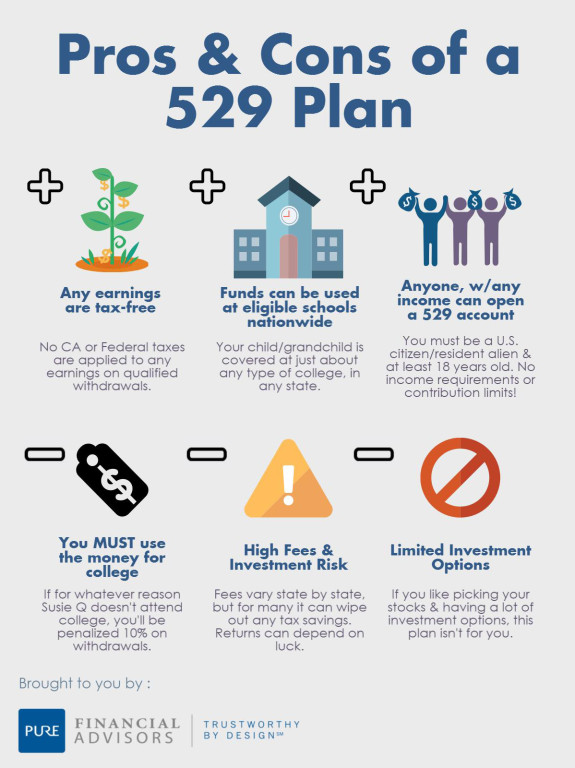

If you have multiple credit cards, you may want to review and consider cancelling them, and then find the cheapest card that suits your needs.

FINANCIAL SAVINGS PLANNER FULL
Interest charged on credit cards is high, so do your best to pay the balance of any credit card debt in full every month. You’ll probably end up paying a lot more than you intended, so before you buy you should consider the total cost of the purchase, including interest repayments. Ideally, try to avoid going into debt to pay for depreciating items, such as cars and luxury goods. For example, you may choose to make interest only payments on any deductible debt while you pay off the non-deductible debt as fast as possible. If you have both deductible and non-deductible debt, reducing the non-deductible debt first should minimise the after-tax cost of your interest payments. On the other hand, interest payments on debt such as your home mortgage, credit card or car loan are generally not tax deductible. Interest payments on debt used to purchase assets that produce income, such as a loan for an investment property, are generally tax deductible. Some useful debt management strategies are shown below. There are a number of ways to reduce debt, depending on your personal circumstances. Day by day it seems like loose change, but in a year all those coffees cost around $1,000. For example, consider your daily $3 cup of coffee. If this seems like a lot, think about how much money slips through your fingers every week without you even noticing. Many financial specialists suggest 10% of your income (after tax and superannuation contributions) is a good place to start. How much you decide to save will depend on your personal goals. Schedule it to occur the same day your salary hits your account, so you are not tempted to spend it. If this isn’t possible, consider setting up an automatic transfer from your everyday bank account to your savings account. Many people have their savings deducted directly from their salary and sent to a separate account. Successful savers don’t rely on staying motivated – instead they devise a system to keep their savings plan on track, no matter what. The key to successful saving isn’t having lots of money, it is consistency and discipline. The best place to start could be to establish a savings plan. Successfully building wealth is a commitment you make to yourself. This is often described as ‘paying yourself first’. A popular way to do this is setting up a regular automatic transfer with a pre-determined amount. Once you have successfully paid off your debts, don’t stop there, consider starting a savings plan. This will give you a picture of your spending patterns and can help you identify areas where you can cut back your spending and use that money to reduce debt. Prepare a budget by writing down your income and expenditure. Total assets – Total liabilities = Net worth This involves comparing what you own (your assets) with what you owe (your liabilities or debts). Once your budget is complete, you should have all the information you need to create a savings plan to reach your goals. One of the first steps towards reaching any financial goal is to establish a budget.

Unfortunately, unless you have the discipline to put together the numbers, you’re unlikely to make much headway. Most of us have great intentions when it comes to saving, but somehow we never seem to get around to making things happen. Once your goals are clear, the next step is to work out how much you need to save to reach them. What is a realistic timeframe to reach your goals. To determine your deadlines, you will need to know: This focuses your mind as well as your savings strategy. It’s important to set a specific deadline for each goal. Defining your goals will give you a clearer direction and help you make savings and investment decisions with confidence. It helps to write down what you want to achieve over each of these periods. Your financial adviser can help you develop a budget and establish an effective savings planįinancial goals can generally be divided into three broad categories:Īn extended overseas trip or a mortgage deposit Start by setting your short, medium and longīe specific and add in realistic timeframes.


 0 kommentar(er)
0 kommentar(er)
